Image: Farhan Akhtar in Bhaag Mikha Bhaag
Partition is a hurtful, harrowing chapter in Indian history.
The estrangement from India to create the Islamic nation of Pakistan in 1947 is a disputable move that led to influx of families from one side to another, chaos, heartbreak, loss of property, belongings and identity along with brutal instances of rioting between Hindus and Muslims.
The horror, anguish and resentment that underlines this tragedy has been the subject of several films in Hindi cinema.
In the recently released Bhaag Milkha Bhaag, based on renowned athlete Milkha Singh's life, the disturbing assassination of his family during Partition is an insurmountable cause of his anxiety. How he builds a life for himself following tough days in refugee camp is what makes his accomplishments even more astonishing.
Here's a look at some other moving depictions of Partition on celluloid.
1947: Earth
Image: Nandita Das and Aamir Khan in 1947: EarthBased on Bapsi Sidhwa's novel Ice Candy Man, Deepa Mehta's 1947: Earth looks at the torment Partition triggered in the lives of a set of people from the eyes of an eight-year-old polio-afflicted Parsi girl in Lahore who interacted with them on a regular basis.
Aamir Khan makes a lasting impression as the scarred, brooding Nawaz in the darkest roles of his career.
Midnight's Children
Image: Sriya Saran and Satya Bhabha in Midnight's ChildrenMehta revisits the period yet again to adapt Salman Rushdie's book of the same name.
With elements of magical realism thrown in, Midnight's Children weaves in an allegory about an individual with telepathic gifts and born at the same time as India's independence.
Gadar: Ek Prem Katha
Image: Ameesha Patel and Sunny Deol in Gadar: Ek Prem KathaAnil Mehta's take on Partition is decidedly more mainstream and ostentatious in flavour and relies on Sunny Deol's forceful fists and shrieking anti-Pakistan sentiments to draw in audiences.
Given the box office records it broke, the ploy certainly worked.
Pinjar
Image: Urmila Matondkar and Manoj Bajpayee in PinjarBased on Amrita Pritam's book, Chandraprakash Dwivedi directs an aesthetically strong and rich tale of the toll Partition takes on a young Punjabi girl about to get married till she's kidnapped by a revengeful Muslim fellow.
How their equation changes between them eventually and how it influences her decision in the climax is the crux of Pinjar.
Train to Pakistan
Image: Movie poster of Train to PakistanAdapted from Khushwant Singh's novel, Pamela Rooks ropes in talents like Rajat Kapoor, Divya Dutta and the late Nirmal Pandey to lend conviction to the terrifying time in history after a train filled with butchered bodies arrives in a village and shatters the harmony of a previously indifferent region.
Khamosh Pani
Image: Kirron Kher in a scene from Khamosh PaniIn Sabiha Sumar's powerful Pakistani drama set in the 1970s, the horrors of Partition are relived in a flashback which reveals Kiron Kher's Ayesha was originally a Sikhni lined up to commit suicide to save her honour from angry Muslim mobs but is compelled to change her faith after she marries her offender.
Tamas
Image: Movie poster of TamasThe controversial but hard-hitting Govind Nihalani adaptation of Bhisham Sahni's novel recounts the collective tragedy encountered by numerous inhabitants irrespective of their religion in face of blind rage.
Considered one of the best creations for television, Tamas with its exceptional cast and technical finesse is a disturbing emotional journey no viewer is likely to forget.
Garam Hawa
Image: A scene from Garam HawaM S Sathyu's National award-winning feature film closely studies the repercussions of Partition on an affluent Muslim family of Agra and how their fortunes dwindle with changing political climate in the country through Balraj Sahni's stirring performance.
Dharamputra
Image: Movie poster of DharamputraNothing like Yash Chopra's glamorous romances, Dharamputra questions religion-based ideology through Shashi Kapoor's character, a fanatic Hindu ignorant to the fact he's Muslim by birth and the hypocritical nature of it against the backdrop of communal riots and partition.

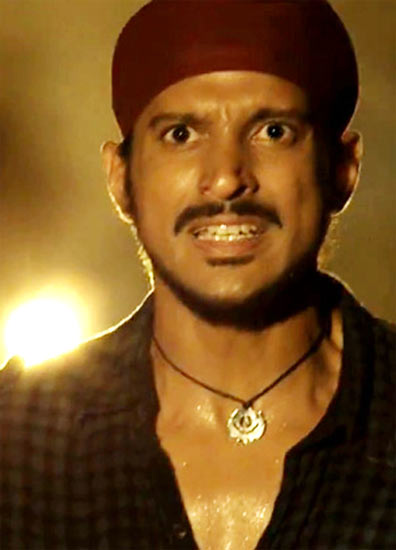
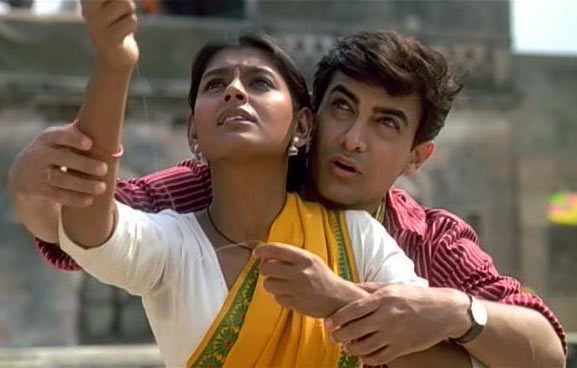
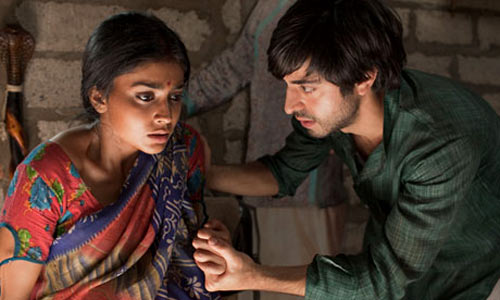


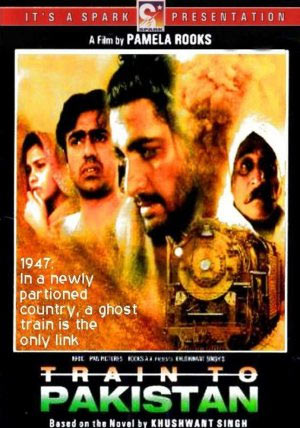

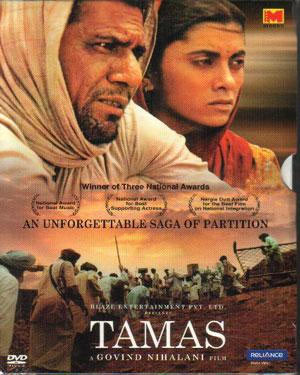
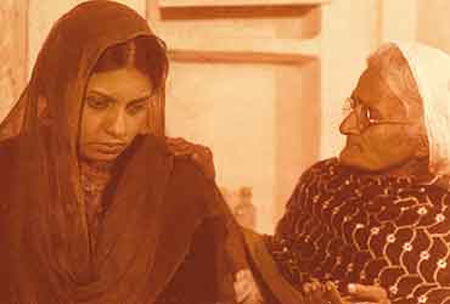
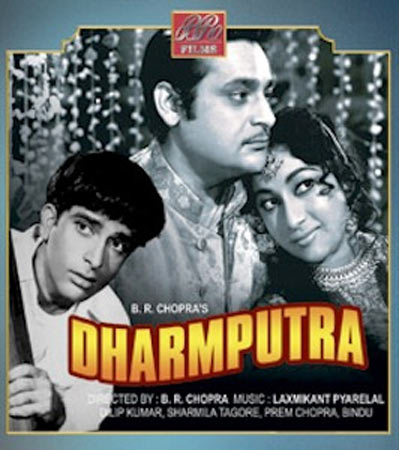
Comment
article